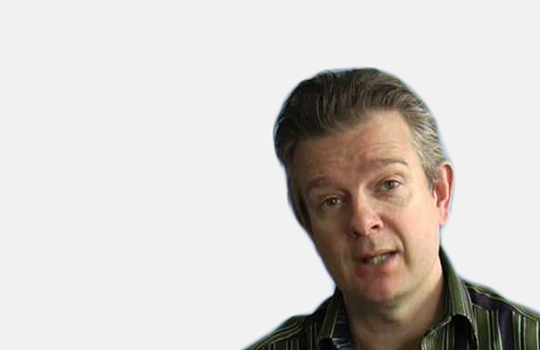![]() There are four horsemen of the apocalypse: conquest, war, famine (or pestilence) and death, and climate change will unleash all of them. I was at a BMJ conference recently that explored some of the health and security impacts of climate change and these grim riders were everywhere to be seen. Put simply, climate change will alter the distribution of human necessities like food and fresh water. Green places will become barren, rivers will run dry. The need to secure access to these basic goods will drive people to war. Add to this the death toll from severe weather events – droughts, hurricanes, floods – and changing distributions of infectious disease vectors and you can feel the heat of the breath of the horses on your neck.
There are four horsemen of the apocalypse: conquest, war, famine (or pestilence) and death, and climate change will unleash all of them. I was at a BMJ conference recently that explored some of the health and security impacts of climate change and these grim riders were everywhere to be seen. Put simply, climate change will alter the distribution of human necessities like food and fresh water. Green places will become barren, rivers will run dry. The need to secure access to these basic goods will drive people to war. Add to this the death toll from severe weather events – droughts, hurricanes, floods – and changing distributions of infectious disease vectors and you can feel the heat of the breath of the horses on your neck.
Apocalypse comes from the Greek for “lifting the veil,” the revealing of secrets or truths that were previously hidden. But one of the extraordinary things about climate change is that the truths are already out in the open. We are besieged by them. And this brings us to the inevitable question: if the climate change predictions are reliable – and it is likely that they are – and the results of the continuing rise in carbon production are as catastrophic as they are predicted to be, why do we continue as if nothing in the world has changed? Scientists are close to unanimous about the problem. The solution: a global economy based on green energy sources, is both well-established and technologically feasible. So why is it that even those who are fully signed up to the problem behave almost without exception as if nothing is happening? We drive, we fly, we consume, we gorge on unnecessary calories, we clamour for economic growth. How is it that, to judge by our behaviour rather than our pious words, even the best educated among us refuse to accept the truth?
I work in an office of seven people and three have second homes – I really wouldn’t mind being the fourth. Among my friends, second or even third holidays in far-away places are increasingly de rigeur. Despite a certain amount of well-intentioned dissembling – hypocrisy remains the English vice – wealth still looks to be, if not quite the sole measure of success, certainly a very significant one. Among my friends, absent the occasional spiritual conversion, less is never more. Only more is more. It is clear that we are in thrall to an extraordinary psychological phenomenon: mass collective denial, and the consequences are likely to be catastrophic.
According to Freud denial is an expression of the ego’s need to protect itself from anxiety. The truths of global warming are too large, too complex and too terrifying to be looked at head on and so we build psychological defences against their admission. The result is a type of infantilism, a collective surrendering of responsibility: perhaps the scientists will sort it out before it gets too bad, or mother nature will fight back, and anyway what difference can I make – just look at all the power stations they’re building in China. Add to this a judicious sprinkling of scepticism about the science by paid lobbyists working on behalf of powerful vested interests and we are in our handcart and already halfway to hell.
Knowledge of climate change for most of us remains at the level of imagination. Projected into an uncertain future, competing to be heard amongst a ceaseless Babel of contending doomsayers, we give it minimum head room and continue more or less blithely on our way, in thrall to an economic system whose goal is ever-increased production. In the last session of the BMJ conference, attention shifted to bringing the climate change message home. In George Eliot’s terms, rescuing the knowledge from abstract reflection and giving it motivating force, giving it “the directness of sense, like the solidity of objects.”
I have no idea if or how it can be done. Jon Snow admitted that the media have lost interest. As one of the speakers pointed out, neither the left nor the right have a political narrative that comes anywhere near incorporating the kinds of seismic cultural shifts that responding to climate change requires. It seems to hold out only the prospect of eternal deprivation – of leaving our consumers’ paradise and heading down the hard roads of austerity, and in that there are no votes whatsoever. I left for home feeling desolate. It would seem that the long day of economic growth driven by fossil fuel consumption is waning. The shadows are lengthening. And unless the motivation for real change can be found, the night ahead of us will be long and dark and we may not recognise ourselves when we emerge from it.
Julian Sheather is ethics manager, BMA. The views he expresses in his blog posts are entirely his own.
